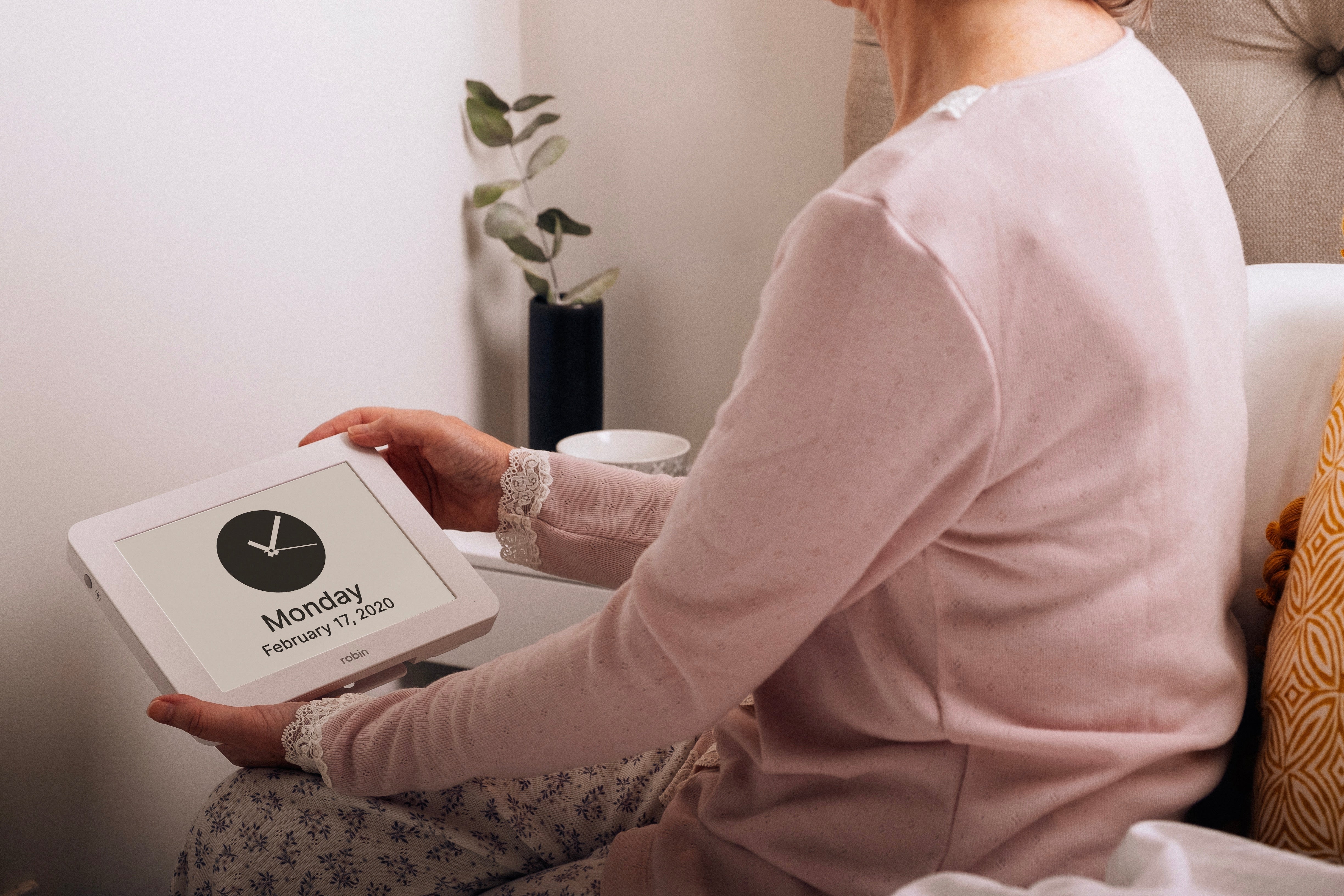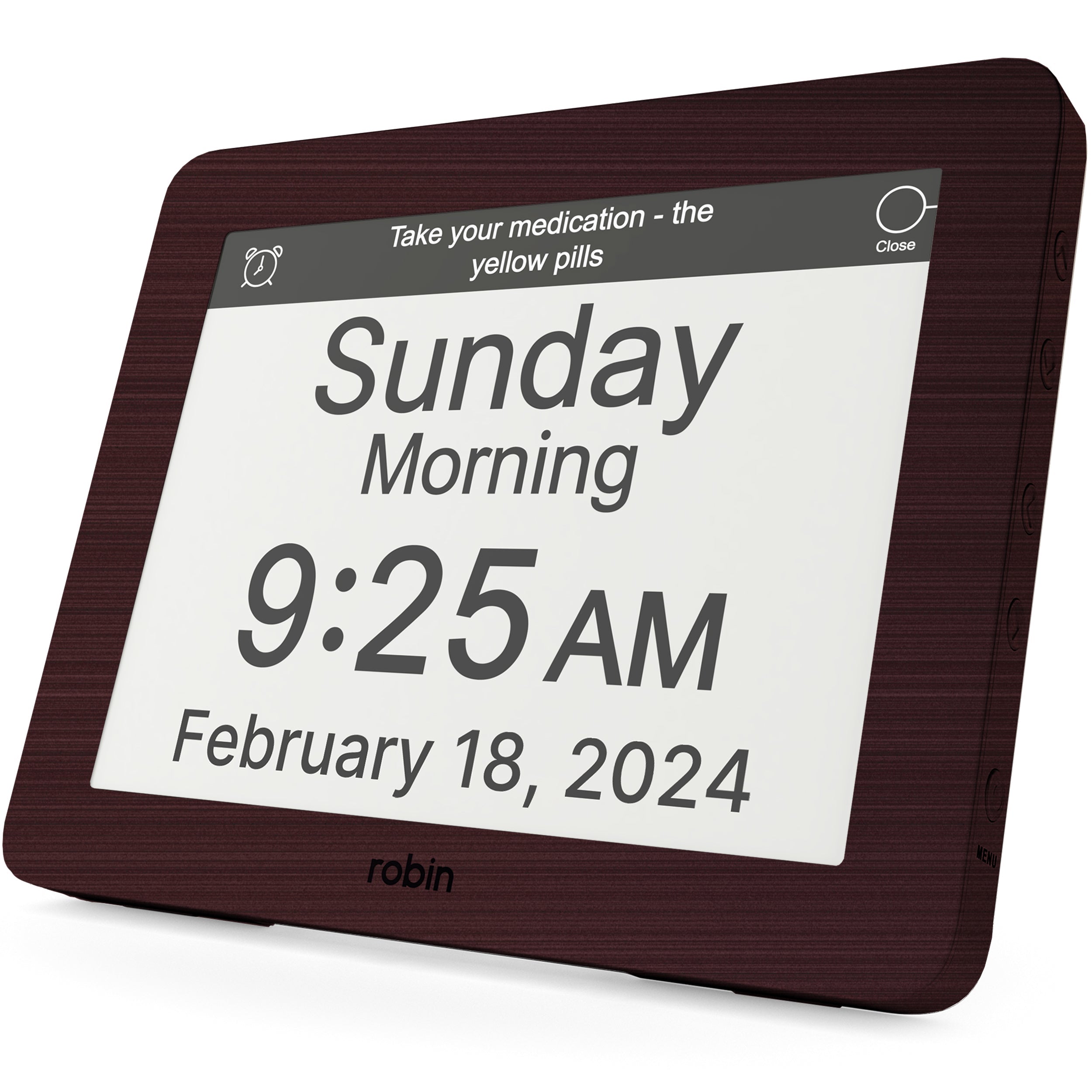As we age, our sleep patterns naturally change. We might find ourselves waking up earlier, napping more during the day, or struggling to fall asleep at night. But getting a good night's rest is just as important for seniors as it is for anyone else. In fact, quality sleep plays a vital role in maintaining overall health and well-being.
This blog post will explore the importance of sleep for seniors and offer some helpful tips to improve your sleep quality. We'll also discuss strategies for managing insomnia, a common sleep problem affecting older adults.
Why Sleep Matters for Seniors
Just like a car needs regular maintenance, our bodies rely on restful sleep to function properly. During sleep, our brains consolidate memories, process information, and repair cells. Getting enough sleep can help seniors:
- Maintain cognitive function. Restful sleep improves memory, concentration, and overall brain health.
- Boost physical health. Good sleep strengthens the immune system and helps regulate hormones, promoting overall health and vitality.
- Improve mood. Sleep deprivation can worsen anxiety and depression. A good night's sleep helps regulate emotions and promotes a positive mood.
- Reduce risk of chronic condition.: Studies have linked poor sleep to an increased risk of heart disease, stroke, and diabetes.
Sleep Hygiene Tips for Seniors
Creating a Sleep Routine: Go to bed and wake up at the same time each day, even on weekends. This helps regulate your body's natural sleep-wake cycle.
Making Your Bedroom Sleep-Friendly: Ensure your bedroom is dark, quiet, cool, and clutter-free. Consider using blackout curtains, earplugs, and a comfortable mattress.
Light Exposure: Get plenty of natural sunlight during the day, and avoid exposure to bright screens (phones, TVs) in the evening. This can help regulate your circadian rhythm, which influences sleep patterns.
Relaxation Techniques: Wind down before bedtime with calming activities like reading, taking a warm bath, or practicing light stretches.
Exercise Regularly: Physical activity promotes better sleep, but avoid strenuous workouts close to bedtime.
The Robin Day Clock can be a valuable tool in your sleep hygiene routine. Here's how:
- Easy to Read Display: The large, clear display shows the time of day, date, and day of the week, helping seniors stay oriented throughout the day and night.
- Automatic Night Light: Provides a gentle glow at night for safe nighttime navigation, without disrupting sleep with bright light.
- Familiar Interface: The familiar clock face and format is easy to understand and navigate, even for seniors with cognitive decline.
If you're struggling to fall or stay asleep, try not to force it. Get out of bed if you can't sleep after 20 minutes, and engage in a relaxing activity until you feel tired. Avoid napping during the day, as this can disrupt your nighttime sleep.
When to Talk to Your Doctor
If you've tried these tips and still experience persistent sleep problems, consult your doctor. They can help identify any underlying medical conditions affecting your sleep and recommend appropriate treatment options.
Remember, a good night's sleep is essential for staying healthy and vibrant as we age. By making small changes to your sleep routine and incorporating helpful tools like the Robin Day Clock, you can achieve better sleep and enjoy a more fulfilling life.
 Fast, Free Shipping on all orders
Fast, Free Shipping on all orders







